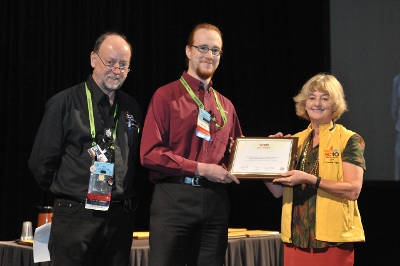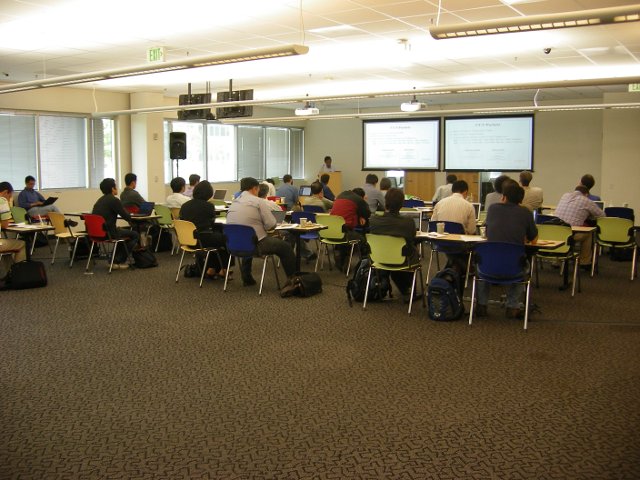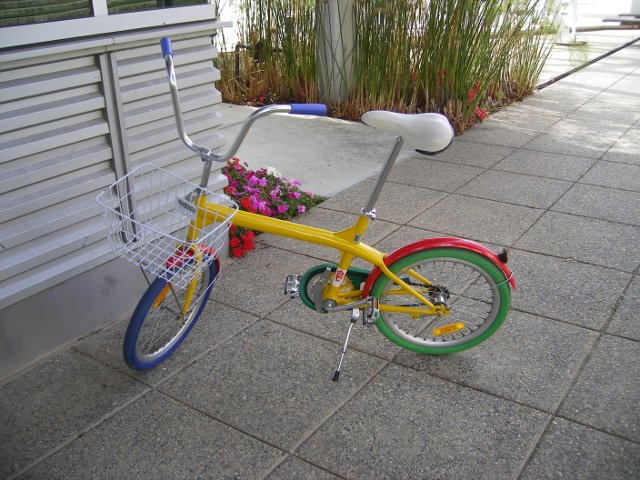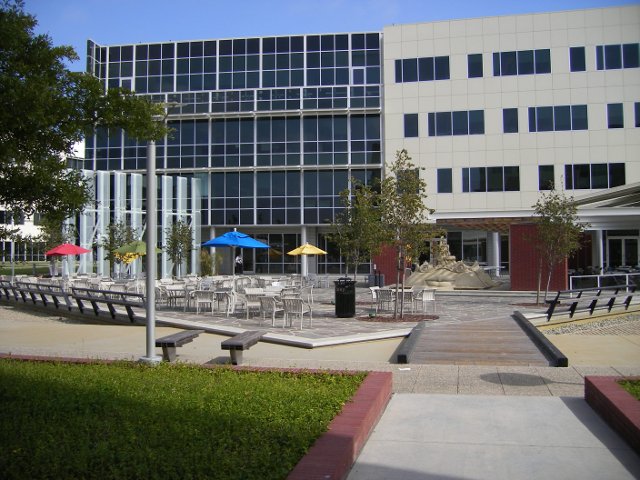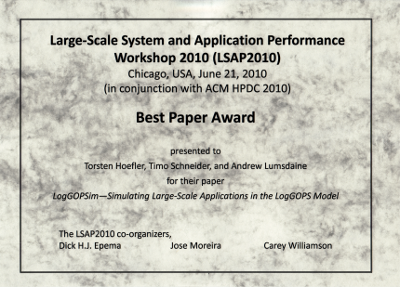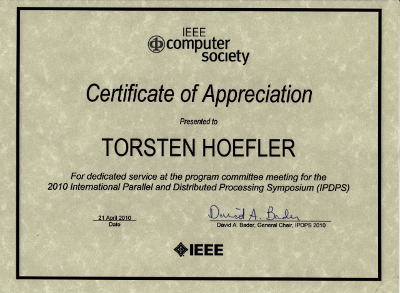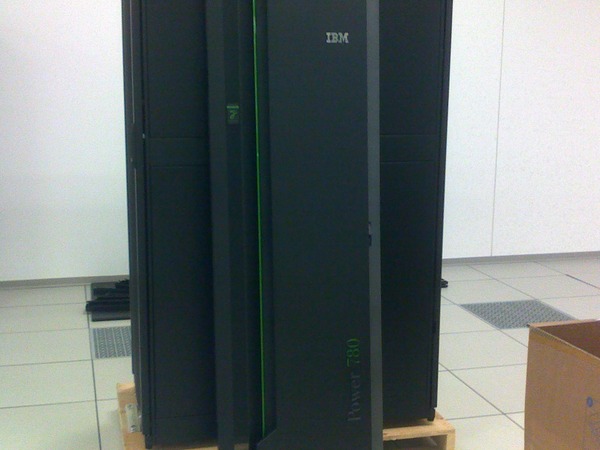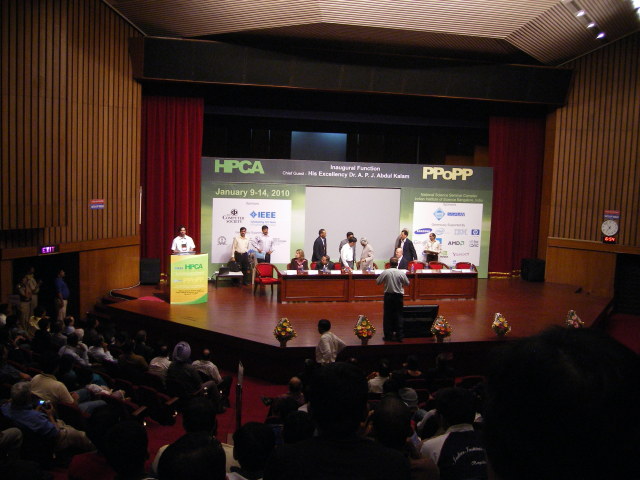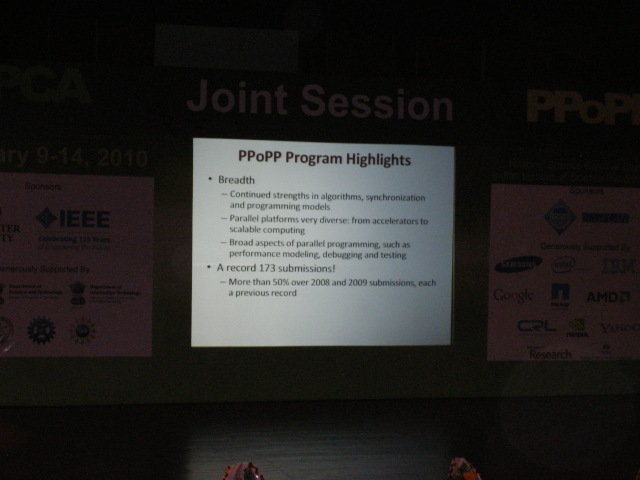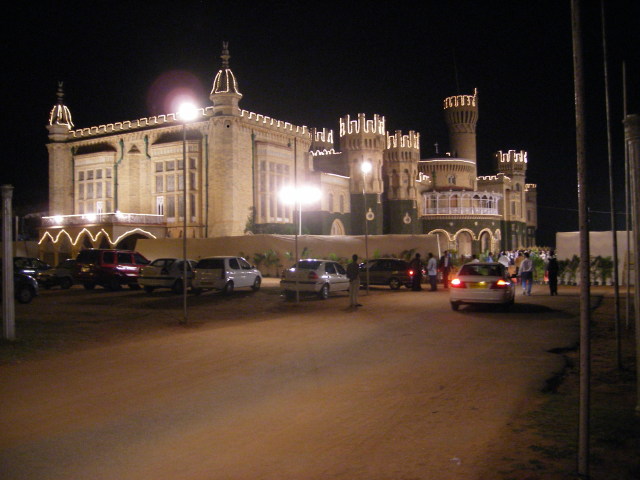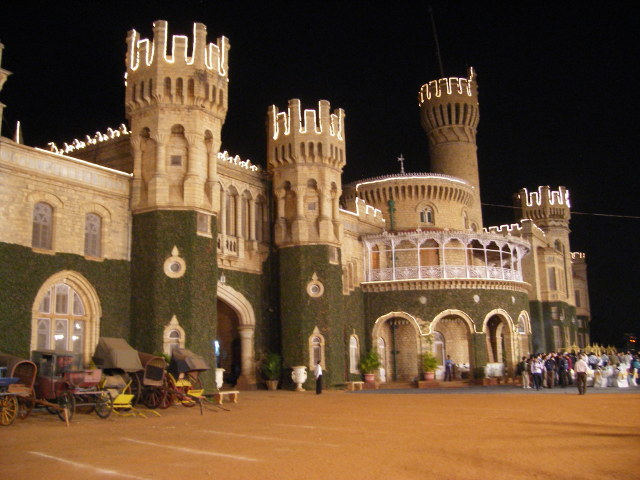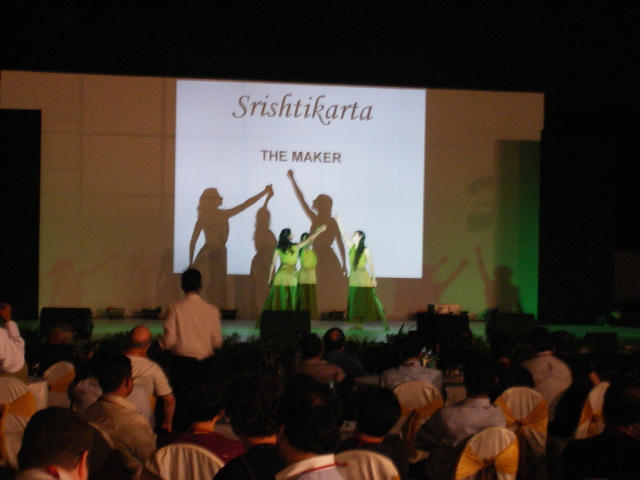I have been appointed as Adjunct Assistant Professor in Computer Science at UIUC since last year. My first service to the CS department is teaching the lecture CS498 “Hot Topics in HPC: Networks and Fault Tolerance” together with Franck Cappello this semester. It is the first class that I teach in the US academic system and it is a bit different from what we used to do in Germany. Classes are generally smaller (I have around 20-25 students, some of which do not take credit) which enables a more interactive teaching style. In my networking part, I start with focusing on the theoretical foundations and models for communication and then show practical examples for each of them and how the knowledge can help practical setting. I think it’s most important to understand the basics (this is also harder to learn and understand from textbooks than the technical details) before diving into practical networks. Teaching this class has been a lot of fun so far even though the preparations are really weekend-time consuming. I really enjoy the interactions with the students during class.
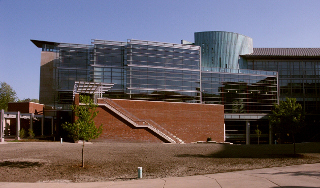
I’m teaching the class every Wed and Fri 9:30-10:45am in Siebel 1103. If anyone is interested in the content, check out the class webpage at http://www.unixer.de/CS498/ .
